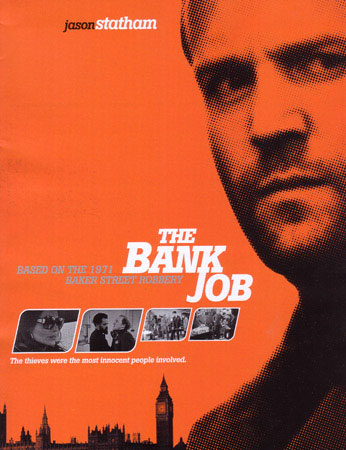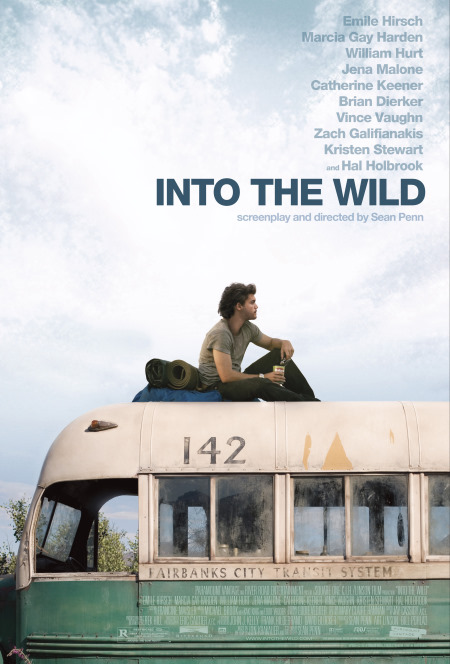In this true story of determination and courage, a young man from a blue collar family wants to play football for Notre Dame, despite the fact he has neither the athletic nor the academic skills. Daniel “Rudy” Ruettiger (Sean Astin) is told by his family and his teachers college of any kind is out of the question for him, and he should be content with the good, steady work with his family at a steel mill. Only his best friend, Pete, believes in him, and when Pete is killed in an accident at the mill four years after their high school graduation, Rudy puts on the Notre Dame jacket Pete gave him and takes the bus to South Bend. A sympathetic priest helps him get into nearby Holy Cross Junior College, where, with the help of a shy tutor named D-Bob (John Favreau), he is able to make the grades necessary to be accepted as a transfer to Notre Dame.
The coaches make it clear he will never be good enough to play, but they accept him on the team to act as an opposing team player in practice sessions. His determination and commitment endear him to the team, and he is finally permitted to play for seven seconds of his last game, assuring him a place in the record books as having made it to the Fighting Irish.
With some reservations about the language, this is a good family movie for a discussion of dreams – the importance of having them and the possibility of achieving them through persistence and commitment. Rudy is contrasted not only with the athletes who have far more ability but none of the “heart,” but also with his friend Fortune (Charles S. Dutton), who reveals near the end that he was once a member of the team but quit, and has regretted it every day since.
Rudy’s father is afraid of dreams; his own father lost everything in the Depression by risking all he had to have a dairy farm. He insists Notre Dame is not for people “like us.” Rudy’s older brother, Frank, does not want Rudy to succeed, because then he will have to confront his own failure to try for something more. Rudy’s teammates want him to “tone it down a notch,” not to “play every practice like it was the Super Bowl.” But ultimately, his spirit and his insistence on giving everything he can every single time inspires them. Rudy becomes an indispensable part of the team, and each of his teammates goes to the coach to insist Rudy play in his place.
Parents should know that this movie has very strong language for a PG movie. A man calls another a “pussy,” and there is a reference to “busting your balls.” D-Bob’s girlfriend tells him not to swear anymore. Characters drink beer. Rudy gets a little drunk, with consequences – he makes the mistake of telling the secret he had been trying to keep: he was not enrolled at Notre Dame. There is a scuffle in a bar and a subtext of class issues.
Family discussion: What are some of the things Rudy has to do to be able to be on the team? Which are the hardest? What are some of the things he had to give up? Which do the people who made the movie think is more important, ability or determination? How can you tell? Why didn’t Fortune admit he left Rudy the key? How did Fortune change Rudy’s mind? Why didn’t the quarterback do what the coach said at the end of Rudy’s last game? Why did Pete’s death make Rudy decide not to wait any longer? Do you think determination is a talent you have to have, or can you learn it? Have you ever been determined to make something happen? What did happen?
If you like this, try: Ideally, this movie should be seen as a double feature with Knute Rockne, All-American, that other great movie about Notre Dame football. Pat O’Brien appears in the title role, and Ronald Reagan plays “the Gipper,” whose deathbed request inspired the most famous motivational speech of all time, memorialized on a plaque in the Fighting Irish’s locker room and read aloud by Rudy.
Rudy is played by Sean Astin, son of Patty Duke (The Miracle Worker) and John Astin (West Side Story). In real life, Rudy (who appears in a photo at the end of the movie and as a fan in the stands) had a second dream: to make a movie about his time at Notre Dame. Like the first dream, it seemed impossible, and like the first dream, he made it come true.
 Ah, the pleasures of the heist film. Something for nothing. Sticking it to The Man. Tricky problems solved by clever people both in the planning stages and on the spot. And, just to make it really fun, sometimes, as here, it is based on a true story. Yes, as they say, now it can be told. Once upon a time back in 1970, when cameras, cops, bank security, and princesses were very different from what we get nowadays, the sister of the Queen of England was photographed in a compromising position by an enterprising gangster who used the photos to blackmail the government. The prints and film were tucked away in a safe deposit box at a bank frequented by somewhat shady types. And it seemed to MI-5, the British equivalent of the Secret Service, that the best way to clear up this spot of trouble was to rob the bank. Efficient and discreet as always, they dispatched one of their officers to find some criminals to do the job.
Ah, the pleasures of the heist film. Something for nothing. Sticking it to The Man. Tricky problems solved by clever people both in the planning stages and on the spot. And, just to make it really fun, sometimes, as here, it is based on a true story. Yes, as they say, now it can be told. Once upon a time back in 1970, when cameras, cops, bank security, and princesses were very different from what we get nowadays, the sister of the Queen of England was photographed in a compromising position by an enterprising gangster who used the photos to blackmail the government. The prints and film were tucked away in a safe deposit box at a bank frequented by somewhat shady types. And it seemed to MI-5, the British equivalent of the Secret Service, that the best way to clear up this spot of trouble was to rob the bank. Efficient and discreet as always, they dispatched one of their officers to find some criminals to do the job.
